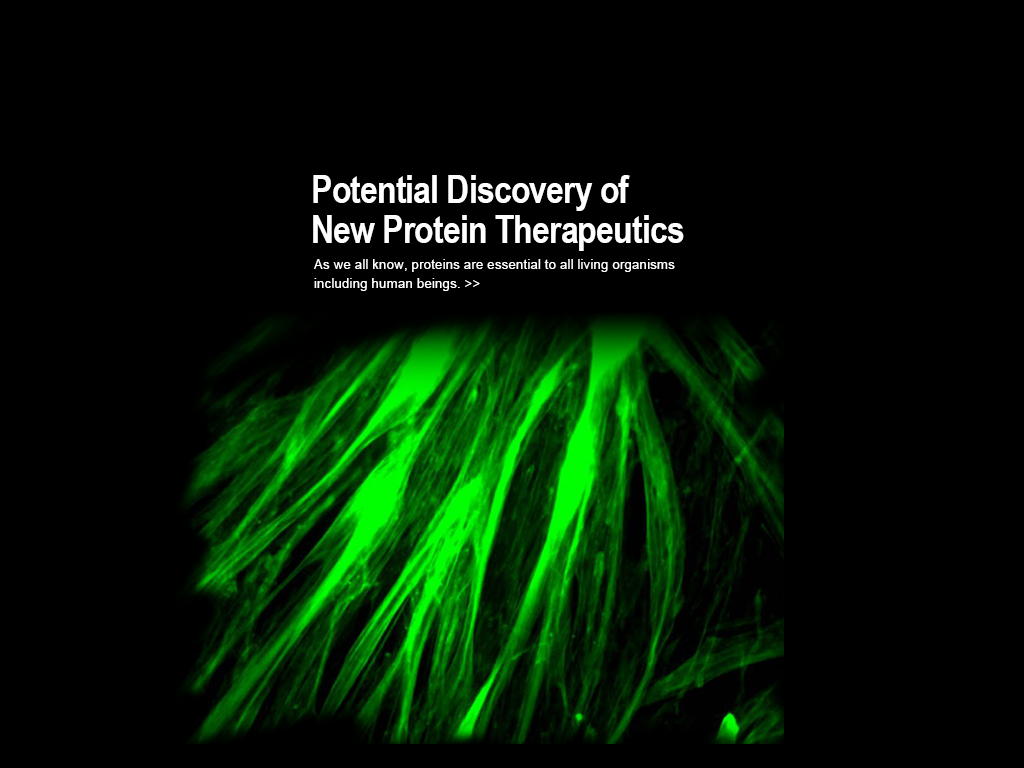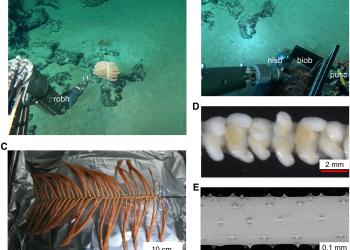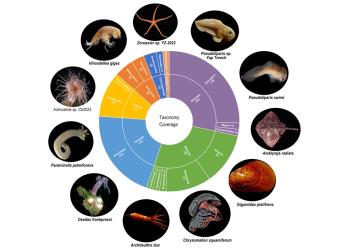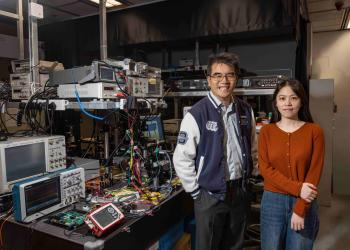Potential Discovery of New Protein Therapeutics
As we all know, proteins are essential to all living organisms including human beings. Most of the enzymes are made of proteins, and there are countless enzymes on earth that function as catalysts, playing an important role in speeding up biological reactions in living cells. We simply cannot live without enzymes. Recently, a team of scientists at the IAS HKUST-Scripps R&D Laboratory has discovered 250 new proteins with previously unidentified activities. The research was led by Prof Paul Schimmel, the Ernest and Jean Hahn Professor of Molecular Biology and Chemistry at the Scripps Research Institute (California and Florida) and a visiting professor of the IAS. Detailed findings were published in Science in July.
Prof Mingjie Zhang who is the co-author of the research report and IAS Senior Fellow and Kerry Holdings Professor of Science, Division of Life Science said, “This breakthrough finding not only uncovers a vast area of new biology, but also provides opportunities to develop protein-based drugs for various human diseases associated with malfunctions of these newly discovered proteins.”
New Horizon for Human Physiology
After six years of research study in a protein-building enzyme called aminoacyl tRNA synthetase (AARS), the team discovered more than 250 previously unidentified AARS variants in different human cell types with activities spanning from stem cell biology to immunology. This highlights an intriguing oddity of protein evolution as well as a potentially valuable new class of therapeutic proteins.
Further investigations to understand this enzymatic gene family now leads the team to a completely new horizon for all of human physiology, such as stem cell biology, immune pathways, vascularization and metabolism.
Possible Solutions for Human Diseases
The team is undergoing more comprehensive studies of the new AARS variants and their specific functions, they believe that these proteins have relevance to multiple human diseases, representing an important class of new protein therapeutics analogous to widely-used injectable protein therapeutics such as growth hormone, insulin, erythropoietin which regulates red blood cell production and granulocyte colony-stimulating factor which stimulates the bone










